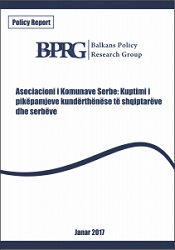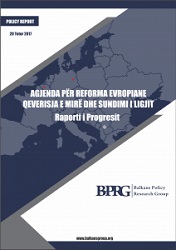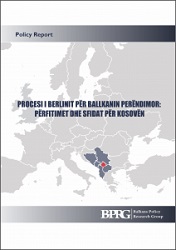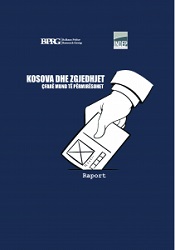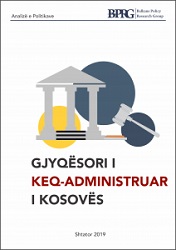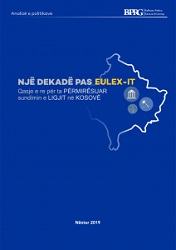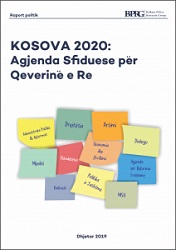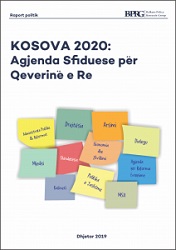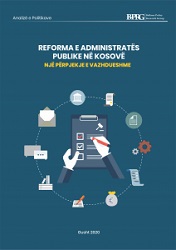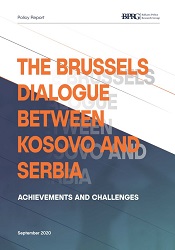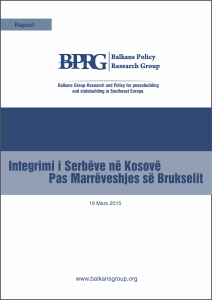
№01 Serb Integration in Kosovo after the Brussels Agreement
№01 Serb Integration in Kosovo after the Brussels Agreement
Keywords: Northern Kosovo; Serbian Municipalities in Kosovo; Role of EU in Kosovo; Role of US in Kosovo; Mitrovica; EULEX; Serbs-Kosovars-dialogue;
This report discusses the challenges of Serb integration and how best to overcome them in a manner that strengthens Kosovo’s institutions and respects the interests of its Serb community. It surveys the existing, illegal Serbian institutions throughout Kosovo, which differ in several ways between the relatively homogenous northern municipalities and the scattered southern enclaves; most remain in place, with Serbs still reliant on them. In an unintended effect of Serb participation in Kosovo municipal elections in November 2013, many Serb officials now hold offices in both the Serbian and Kosovo administrations.
More...
